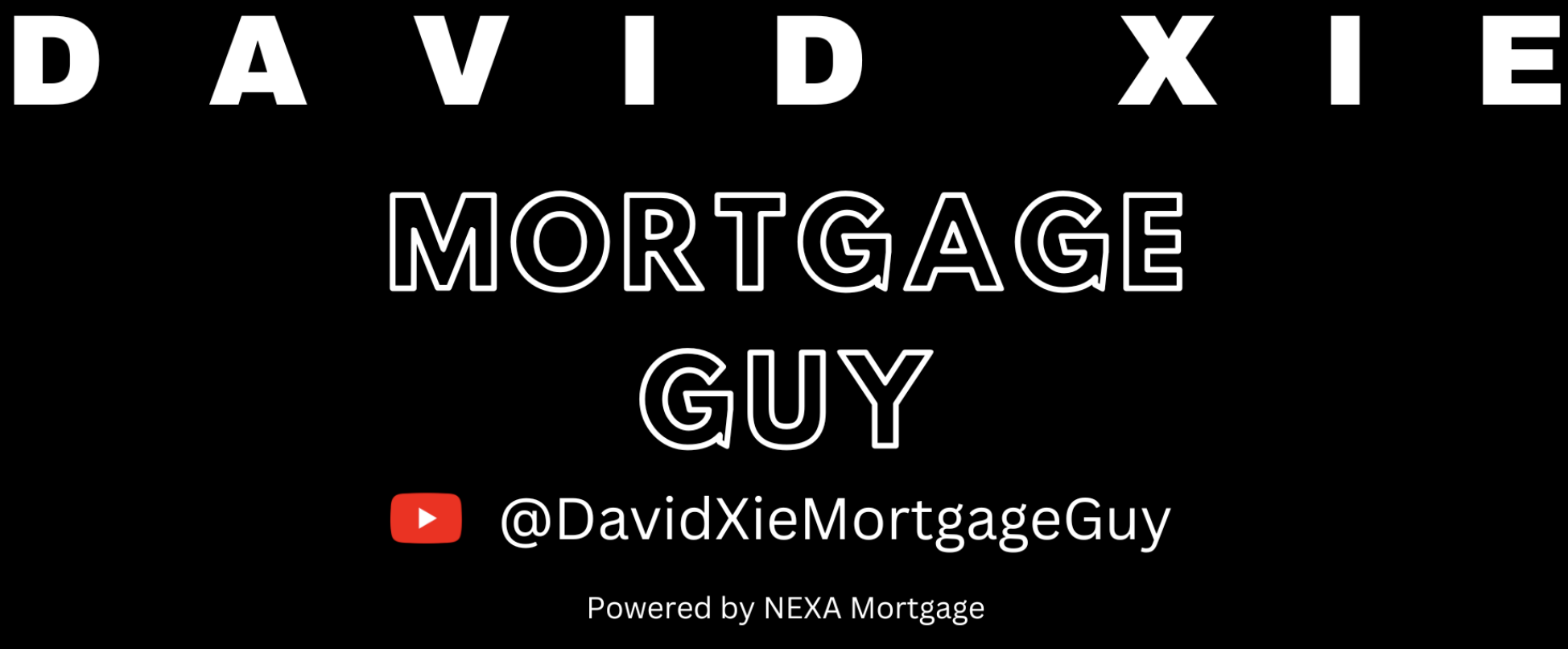The journey to selling your home is like preparing a nest for one final, profitable…
Understanding an Appraisal Contingency
Contingencies in Your Home Purchase Contract
When buying a new home, you have the chance to include various contingencies in the purchase contract to protect yourself. A contingency is a condition that must be met for the contract to remain valid. If this condition is not met to your satisfaction, you can back out of the sale without any penalty. There are three main types of contingencies, though you can request almost any type if the seller agrees. For remote workers, specific contingencies can be crucial due to home office requirements and the need for additional space.
The Appraisal Contingency
The appraisal contingency is a key factor to consider in your contract. Most lenders require an independent third-party appraisal before approving a home loan. This process ensures that the lender does not agree to loan more than the home’s actual value. With an appraisal contingency, you can walk away and get your deposit back if the appraisal is lower than the purchase price. For remote workers, this is especially important as the home’s value needs to reflect any potential office setup costs.
The Financing Contingency
The financing contingency is essential for securing your home purchase. Most buyers will use a mortgage to finance their new home. If you are unable to get approved for the full mortgage amount, this contingency allows you to exit the sale and recover your deposit. Pre-approval or pre-qualification letters can help gauge how much you can afford. Until underwriting approves your application, nothing is certain, which protects you if your financial situation changes, especially for remote workers.
The Home Inspection Contingency
The home inspection contingency helps ensure the home is free from major issues. This contingency allows you to withdraw from the sale after receiving a detailed inspection report from a professional. Most buyers are not experts in home repair and may miss critical issues, but a professional inspector will not. For remote workers investing in home office space, this is crucial for peace of mind. If problems are found, you can negotiate repairs, a lower price, or exit the sale and continue searching.
What Happens If the Appraisal is Too Low?
If the appraisal value is lower than the agreed purchase price, such as $500,000 agreed but only $480,000 appraised, consider your options. You might pay the difference with a larger down payment, ask the seller to lower the purchase price, or use the appraisal contingency to get your deposit back. In a competitive market, omitting the appraisal contingency could make your offer more attractive. Remote workers in such markets might find this strategy useful to secure their desired home.
Remote Work Considerations
Incorporating remote work considerations into your home purchase can impact your contingencies. The appraisal value might need to account for office space or other work-related features. Ensuring your contingencies align with remote work needs protects your investment and helps find a suitable home. This approach ensures that both personal and professional needs are met, especially in the context of working from home.
Including these in your purchase contract can safeguard you throughout the home buying process, especially for remote workers. They ensure you can address unexpected issues and make informed decisions about your new home.





